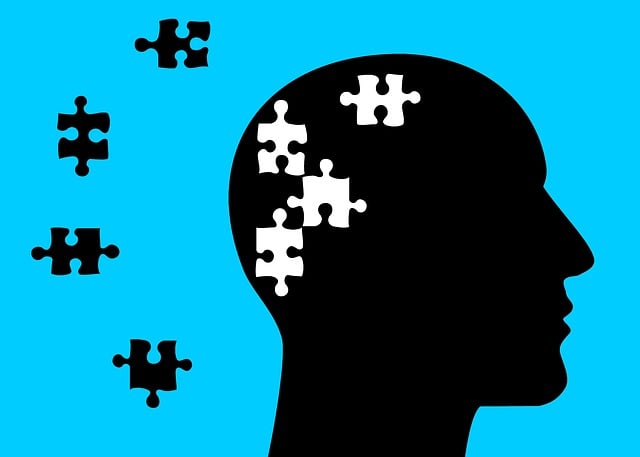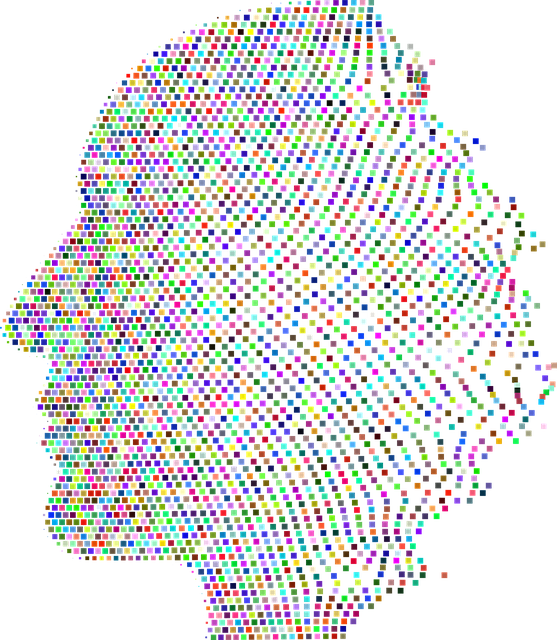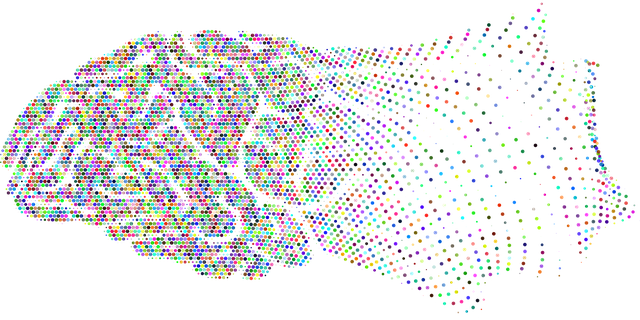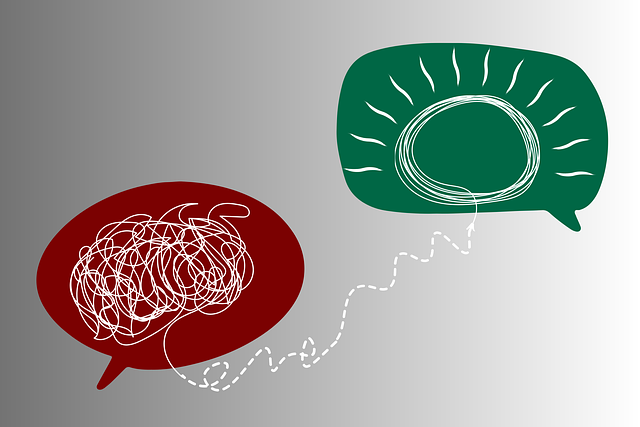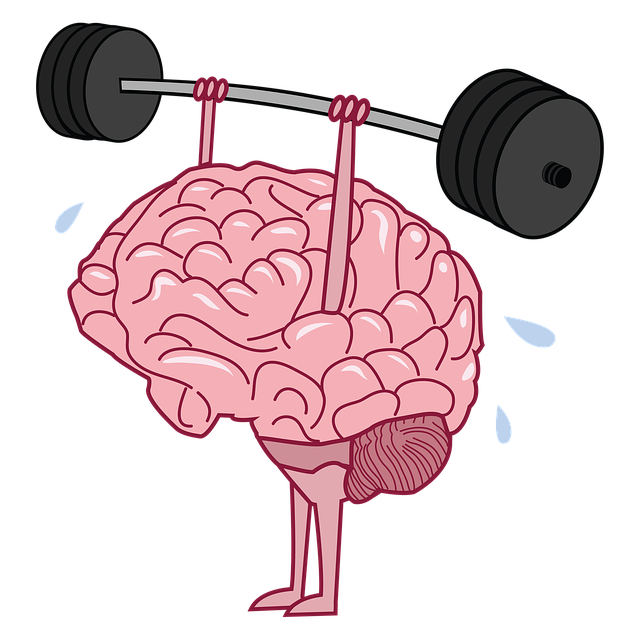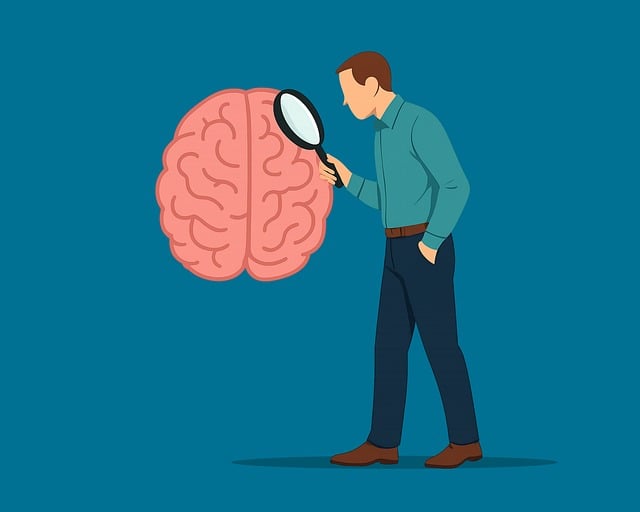Mental Wellness Coaching enhances emotional well-being through self-discovery and strategy development, going beyond symptom management. Golden Play Therapy, a powerful framework using play and creative techniques, is particularly beneficial for children and trauma survivors. This approach leverages art, drama, music, and storytelling to foster safety, self-expression, and emotional healing. Structured around Mind Over Matter principles, coaching programs integrate holistic mental wellness components, boosting self-esteem and resilience. Creative elements like art and music enhance program engagement and effectiveness, catering to diverse learning styles. Success is measured using assessment tools and personalized strategies, fostering inner strength and effective coping mechanisms for life's challenges.
Mental wellness coaching programs are gaining prominence as transformative tools for personal growth. This article explores the multifaceted world of mental wellness coaching, from defining its role and highlighting benefits to delving into innovative techniques like Golden Play Therapy, which unlocks creativity for emotional healing. We’ll guide you through designing effective programs, incorporating creative arts, and measuring success. By integrating these strategies, coaches can create impactful journeys towards enhanced mental wellness.
- Understanding Mental Wellness Coaching: Defining the Role and Benefits
- Golden Play Therapy: Unlocking Creativity for Emotional Healing
- Designing Effective Coaching Programs: Key Components and Strategies
- Incorporating Creative Techniques: Art, Music, and Movement in Coaching
- Measuring Success and Impact: Assessment Tools for Coaching Programs
Understanding Mental Wellness Coaching: Defining the Role and Benefits

Mental Wellness Coaching, at its core, is a supportive process designed to enhance individuals’ emotional and psychological well-being. It involves guiding people through self-discovery journeys, empowering them to develop coping strategies for life’s challenges. This therapeutic approach focuses not just on managing symptoms of mental illness but also on cultivating resilience, self-awareness, and overall mental wellness. By fostering a safe and non-judgmental space, coaches facilitate conversations that explore personal goals, beliefs, and behaviors, ultimately helping clients achieve a sense of balance and fulfillment.
One effective framework within Mental Wellness Coaching is Golden Play Therapy, which integrates play and creative techniques to address emotional needs. This approach is especially beneficial for children and adolescents, allowing them to express themselves freely through imaginative play while processing complex emotions. Moreover, as coaches incorporate elements of Community Outreach Programs and Cultural Sensitivity in their practice, they can ensure inclusive and accessible services that cater to diverse populations. By addressing Mental Illness Stigma Reduction Efforts, these initiatives contribute to a more supportive societal environment where individuals feel encouraged to seek and maintain mental wellness.
Golden Play Therapy: Unlocking Creativity for Emotional Healing

Golden Play Therapy offers a unique and creative approach to mental wellness coaching, focusing on unlocking a client’s innate creativity as a powerful tool for emotional healing. This therapy method encourages individuals to engage in imaginative play, allowing them to explore and process their emotions in a safe and expressive manner. Through art, drama, music, and storytelling, clients can access deep-seated feelings and experiences that may be difficult to articulate verbally.
By integrating Golden Play Therapy techniques into mental wellness programs, therapists facilitate the production of an emotional healing process. This method is particularly beneficial for those who have experienced trauma or struggle with self-expression. The therapy provides a non-threatening space where individuals can reconnect with their inner child, fostering a sense of safety and encouraging the development of healthy coping mechanisms. It empowers folks to navigate complex emotions and transform them into powerful sources of growth and resilience.
Designing Effective Coaching Programs: Key Components and Strategies

Designing effective coaching programs involves integrating key components that cater to holistic mental wellness. One such powerful approach is incorporating Golden Play Therapy techniques, which utilize play and creativity to facilitate emotional expression and healing. By creating a safe and supportive environment, coaches can help clients explore and process their feelings, thereby enhancing self-awareness and emotional regulation.
Additionally, structuring the program around Mind Over Matter principles empowers individuals to reframe negative thoughts and beliefs. This involves teaching practical strategies for self-care routine development, fostering better mental health and resilience. Moreover, focusing on Self-Esteem Improvement is pivotal, as it equips clients with the confidence to navigate challenges and pursue personal growth opportunities.
Incorporating Creative Techniques: Art, Music, and Movement in Coaching

Incorporating creative techniques such as art, music, and movement into mental wellness coaching programs can significantly enhance their effectiveness. These methods facilitate a deeper level of self-awareness exercises, allowing clients to explore and express their emotions in ways that traditional talk therapy might not always achieve. For instance, Golden Play Therapy leverages play and creative expression to help individuals process and resolve complex emotional issues, making it an innovative approach within the coaching realm.
Music and movement can also foster positive thinking and improve social skills training. Engaging in rhythmic activities or group dance sessions can create a sense of community and connection, encouraging participants to interact and communicate more openly. By integrating these creative elements, mental wellness coaches can cater to diverse learning styles, making their programs more engaging and impactful for a wider range of clients.
Measuring Success and Impact: Assessment Tools for Coaching Programs

Measuring success and impact is a vital aspect of any coaching program, particularly in mental wellness coaching. Assessment tools play a crucial role in understanding the effectiveness of interventions and guiding the coaching process. These tools can range from standardized questionnaires to semi-structured interviews, each designed to capture specific aspects of clients’ well-being. For instance, the Golden Play Therapy framework offers valuable metrics for evaluating emotional growth and transformation through play-based therapy techniques.
Empathy Building Strategies and Self-Care Routine Development for Better Mental Health are essential components that coaching programs can assess. By incorporating regular feedback from clients and employing these assessment tools, mental wellness coaches can tailor their approaches to better support individuals in cultivating inner strength and navigating life challenges effectively. This continuous evaluation ensures the program’s relevance and effectiveness in fostering positive mental health outcomes.
Mental wellness coaching programs are evolving to meet the growing demand for holistic emotional support. By integrating creative techniques like Golden Play Therapy, coaches can offer unique and effective healing experiences. The key to successful programs lies in designing structured yet flexible curricula that incorporate assessment tools to measure impact. This multi-faceted approach ensures that coaching remains a dynamic and impactful resource for improving mental wellness.
